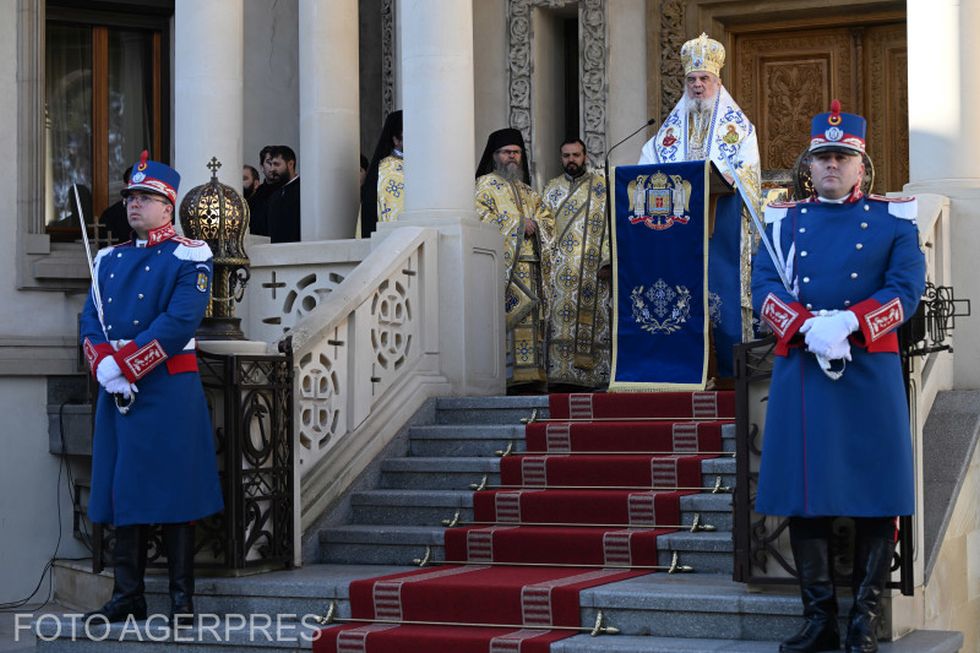Romania and the Roots of the 1919-1920 Peace Conference
At the end of WWI, the victory of the Allies did not mean that peace was easily come by.

Steliu Lambru, 30.09.2019, 15:08
At the end of WWI, the victory of the Alliance (formed by the UK, France, the US, Italy, and Japan, which Romania had joined in 1916), did not mean that peace was easily come by. Theoretically, the war had winners and losers, but the peace had to provide a balance, to eliminate the possibility of another war in the future. An idea emerged according to which an international organization could manage local conflicts, preventing them from becoming global crises. The protection of minorities in the newly formed states had to be taken into account, much more seriously than it had before. The Great War was followed by regional conflicts which would prolong the war locally. For instance, the Romanian-Hungarian war of 1919 lasted for about half a year, but the Greek-Turkish War started in 1919 lasted until 1922. Peace was very difficult to achieve, proportionally to the amount of animosity involved.
Romania had to fight for its national aspirations to be recognized by the Allied powers, which were playing a balancing game of their own, either among themselves or with the newly emerged states. Romanian diplomacy was trying to obtain at the negotiation table what it had managed to gain on the field of battle with great sacrifices. Historian Ioan Scurtu proved that the PM of Romania, and one of the main artisans of the French-British alliance, Liberal politician I. C. Bratianu, had the difficult mission of defending his countrys interests in the Supreme Council formed by the US, France, the UK, and Italy:
“When I. C. Bratianu went to the Paris peace conference, he had in his pocket the political convention signed with the Allies based on which Romania had joined it in the war, an act that established very clearly what the boundaries of Romania were to be after the war, based on the Austro-Hungarian territories inhabited by Romanians. Also, he was holding the union acts signed in Chisinau, Cernauti, and Alba-Iulia. Last but not least, he was banking on the blood shed by Romanians in aiding the Allies gain their victory. Bratianu fought with acrimony to impose equality of treatment, and initiated a collaboration between the delegations from Romania, Czechoslovakia, the Serbian Kingdom, Croatia, Slovenia, and Greece, so that they could take common action that would be taken into consideration by the Allies. Unfortunately, of the members of the coalition, Greek leader Venizelos declared that he did not consider himself the head of an independent and sovereign state like Greece, so that the rest of them stepped aside too. Bratianu was left to his own devices in the struggle to have Romania treated properly. What was memorable was the confrontation with the members of the Supreme Council, including American President Woodrow Wilson, and the support he had for the rights of Romania, including in the matter of minorities.”
In places where the Romanian politicians did not succeed, the one who succeeded was a formidable woman, Queen Marie, who, alongside her husband, King Ferdinand, had risked it all in order to win. The queen of Romania was where she was needed, and took part in the writing of one of the most glorious pages in the history of 20th century Romania. Here is Ioan Scurtu:
“Bratianu had managed to antagonize all the members of the Supreme Council, who could not abide contradiction, and would not accept arguments against their decisions. Then Bratianu suggested to King Ferdinand to send Queen Marie to Paris, and she showed up right away. In the Central Station in Paris, asked by the journalists why she had come, she said that she wanted to display the beautiful face of Romania. She was received at Elysee Palace with an honor guard and decorations. US President Wilson was the star of the conference, and the queen approached him to be received in order to plead the cause of Romania. However, the American President sent her word that his schedule started at 9, and so she waited for him at 7 in the morning at the Ritz, in order to have the discussion she wanted. And Wilson did show up, with his wife, at 8:30 at the Ritz. A discussion took place, in which the American president pleaded for peace in the Society of Nations, in order to remove war, for a happy world, as he envisioned it. Queen Marie was almost shut out of the discussion, given the passion with which the president was speaking. As the time to leave approached, the queen addressed him: Mr. President, I hope you wont be so impolite as to not invite me for breakfast tomorrow. To which Wilson looked at his wife, and did invite the queen. This time, the tables turned: Queen Marie was the one speaking, and spoke mostly about the rights of minorities. She concluded by saying: President Wilson is the most appropriate person to speak about the rights of minorities, given all the rights that black people have in the US. Wilson was left speechless.”
This is how history is written, with Messianic personalities from small countries that changed huge decisions. In that regard, Romania was lucky.






























